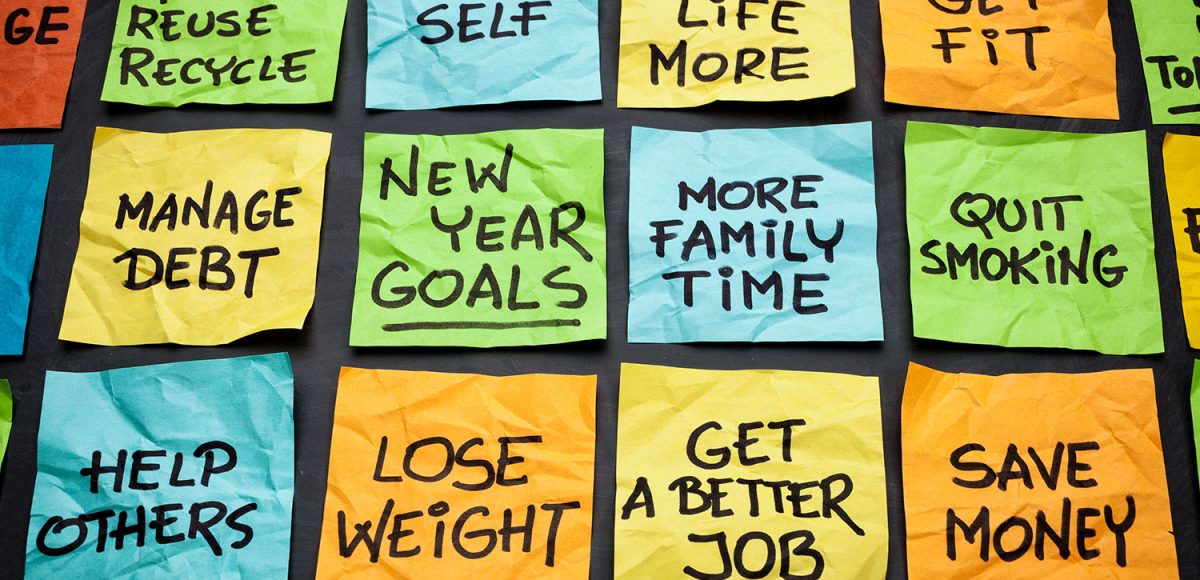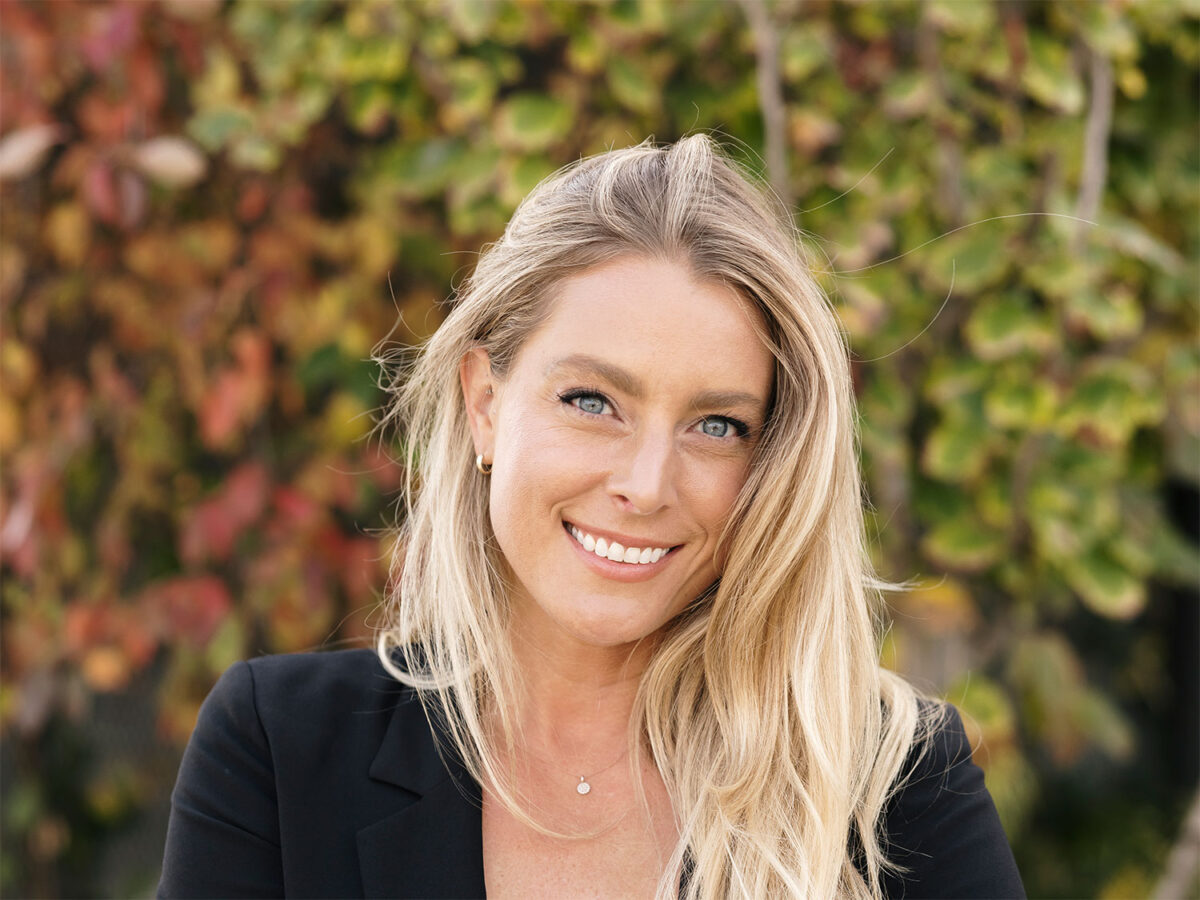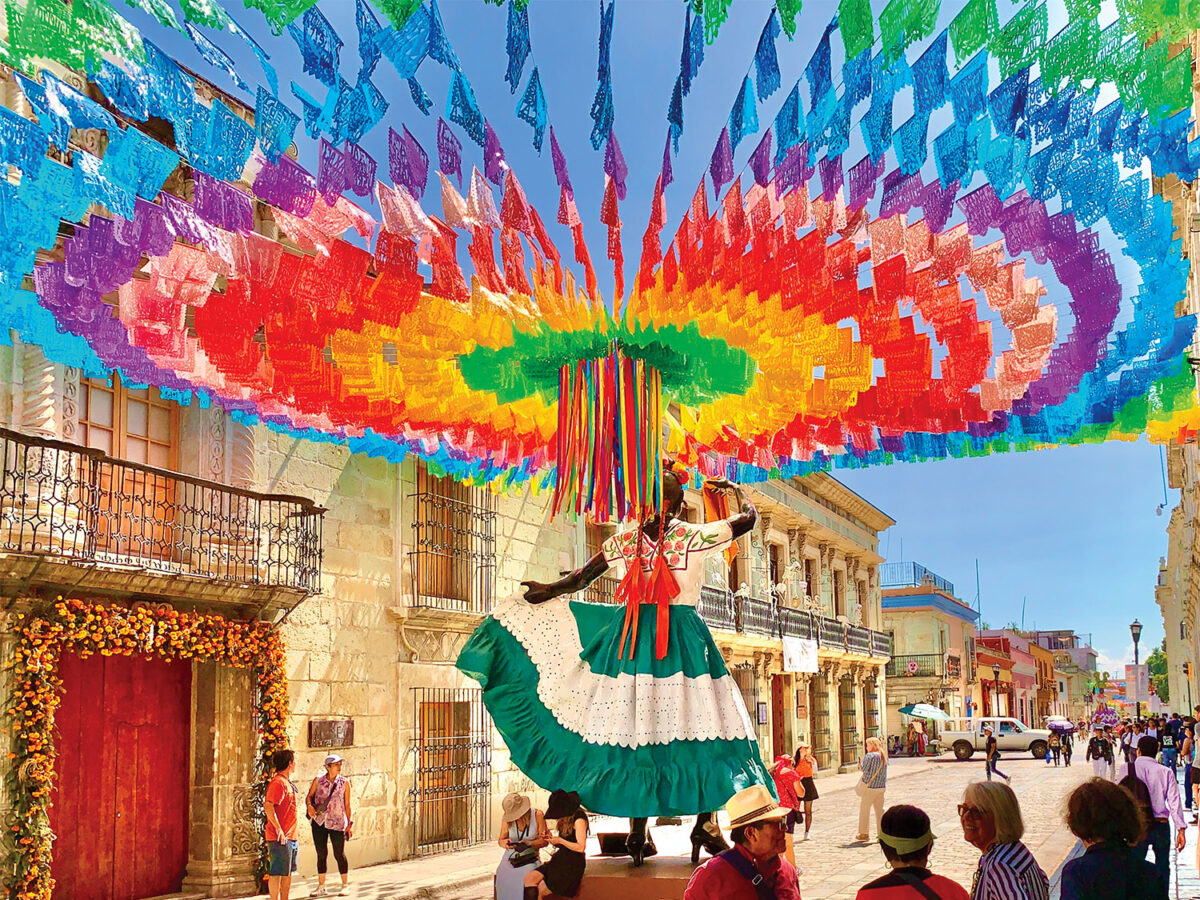Beverly Hills Courier columnist Dr. Eva Ritvo is a psychiatrist with more than 25 years’ experience practicing in Miami Beach. She is the author of “Bekindr-The Transformative Power of Kindness” and the founder of the Bekindr Global Initiative, a movement to bring more kindness in the world. Dr. Ritvo received her undergraduate and medical degrees from UCLA, and psychiatry residency training at Weill Cornell Medicine.
When my daughter politely asked, “So what is your New Year’s Resolution?” I actually felt anger bubble up. I wanted to say “Are you kidding? I am just doing my best every day to stay alive and keep you, your sister and all my patients the same.” But luckily, another thought bubbled up, and I reminded myself to just take a deep breath. I remembered what I tell patients when they feel angry. “Silence is golden and duct tape is silver.” In other words, keep it shut!
So, I took a deep breath and said nothing. It worked. I was able to realize how irrational my response was, and it gave me insight into just how hard this year has been for me and for most of us. One of the hallmarks of Post-Traumatic Stress Disorder is a foreshortened sense of the future combined with feelings of dread and that is what got triggered when I thought about 2022, or as many are saying 2020, too.
Albert Einstein said, “In the midst of every crisis lies great opportunity.” Instead of focusing on what I want to change next year, I decided to reflect on what I accomplished last year as a way to lift my own mood and spark hope for the future.
We have been in ongoing trauma now for almost two years with very little break. Many have had superimposed trauma, which is incredibly challenging. The seven stages of dealing with trauma are the following: shock and denial, pain and guilt, anger and bargaining, depression, the upward turn, reconstruction and working through, and finally acceptance and hope. I wrote to you about the opportunity for Post Traumatic Growth, but we can’t seem to get to the other side on this one. Circumstances such as delta and omicron outbreaks are causing many of us to continue cycling between the first four stages without enough time and space to get to the later healing phases.
As we close another difficult year, let’s look at what has worked in 2020 and 2021 and resolve to continue to do more of it.
Take an inventory of the positive changes you have made. Don’t worry about negatives at the moment, as we have had more than enough time to focus on them the last few years.
Ask yourself the following questions and consider jotting down your thoughts:
Are you more in touch with your mental health than ever before?
Much of the stigma about mental illness has been erased these last years as suffering is universal. We are learning to live without all the distractions and many negative emotions have been surfacing. Hopefully, you are embracing all your emotions and not judging yourself harshly when you feel shocked, numb, hurt, angry, guilty or depressed. These are all part of the normal trauma reaction. We get in trouble when we deny our feelings, try to minimize them with drugs or alcohol or act out on them. If we can just breathe and accept them, they will come and go like ocean waves. Emotions are there to inform us. We need to learn to listen. Then we can choose our behaviors from a place of calm and reason not from an emotionally overcharged place.
How is your support system?
During trauma we must lean on our support systems. This is why every religion has a protocol to deal with loss. A common element in all is that the one experiencing loss is surrounded by friends, family and a supportive community.
Tapping into a support system has proven to be much more complicated when the whole world is undergoing simultaneous trauma and contact with others can create exactly the problem we are trying to avoid. Moreover, those typically rushing into help such as your health care workers are also suffering. Burnout and compassion fatigue are to be expected and must be acknowledged and treated.
How has your support system changed? Who has helped you? How can you continue to nurture these relationships in the year ahead? If you have lost social connections, don’t despair. Everyone has! The pandemic is causing/allowing us to move from breadth to depth, and for many this has been quite beneficial. If your support system is too narrow, spend time broadening or deepening it. Access therapy online or in person. Ask your doctor for a referral or contact community resources, such as the Maple Counseling Center https://www.maple4counseling.org. Who have you helped this last year? Can you derive satisfaction from that experience?
In what areas have you become more self-reliant?
We all got thrown into the deep end of the pool with this one. Between working from home and minimizing household staff, we have turned into cooks, housekeepers, school teachers, assistants and so much more. Without parties and events to attend, we have had to create our own joy. What have you learned? What do you feel most proud of this past year?
Can you embrace the NOW?
Eckhardt Tolle in “The Power of Now” instructs us to ask ourselves, “Are we safe right now? Are your loved ones safe right now?” If the answer is yes, we need to calm our nervous system and shift out of our fight or flight response and focus on the NOW. We have discussed meditation, yoga, eating healthy food, hugging a pet, taking a shower or bath, and phoning a friend as some of the ways to come into the present moment and decrease worry. If you haven’t developed your own list, please do so now and keep it visible. Coming into the present moment is a powerful way to engage our senses and stop the relentless thinking that so often doesn’t serve you. Take three deep breaths right now and focus only on your breathing in and out slowly. See how you feel before you start and when you finish. Which changes have you made that are important to carry forward?
What else have you learned?
Although this is a collective trauma, everyone experiences it through the lens of their prior experiences and their unique vantage point. What has this trying time taught you? How have previous stressors prepared you to deal with the pandemic?
How have your values shifted?
After reflecting on how much I have grown this year, I feel better equipped to make constructive resolutions, and I hope you will too.
This New Year’s I resolve to love and embrace life even when circumstances are undesirable. I resolve to treat myself and others with compassion. I resolve to remain as optimistic as possible and to continue to find the good around me.
Once again, I wish you and your family a safe, happy and healthy year ahead.
“Your success and your happiness lies in you. Resolve to keep happy, and your joy and you shall form an invincible host against difficultes.”
Helen Keller







